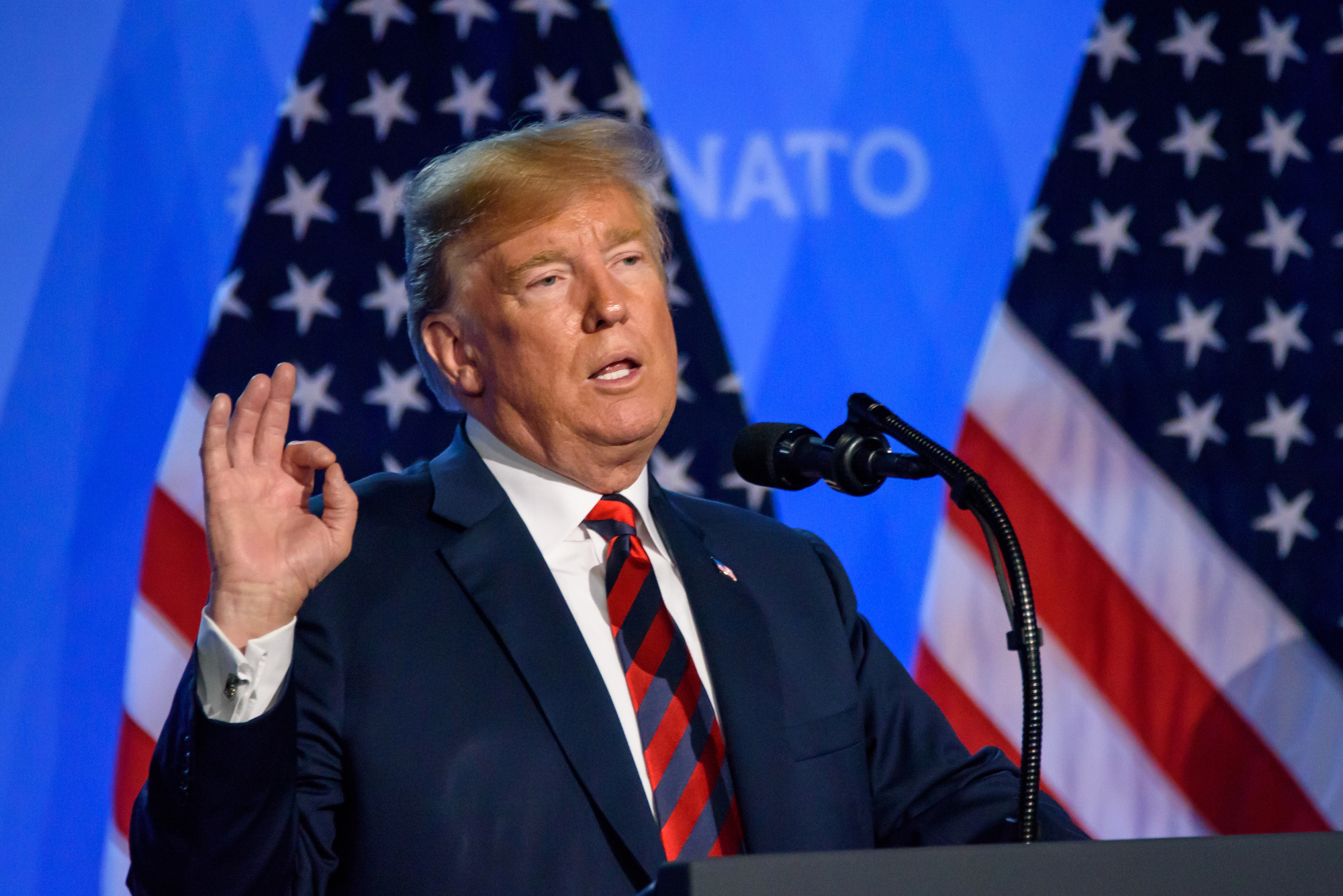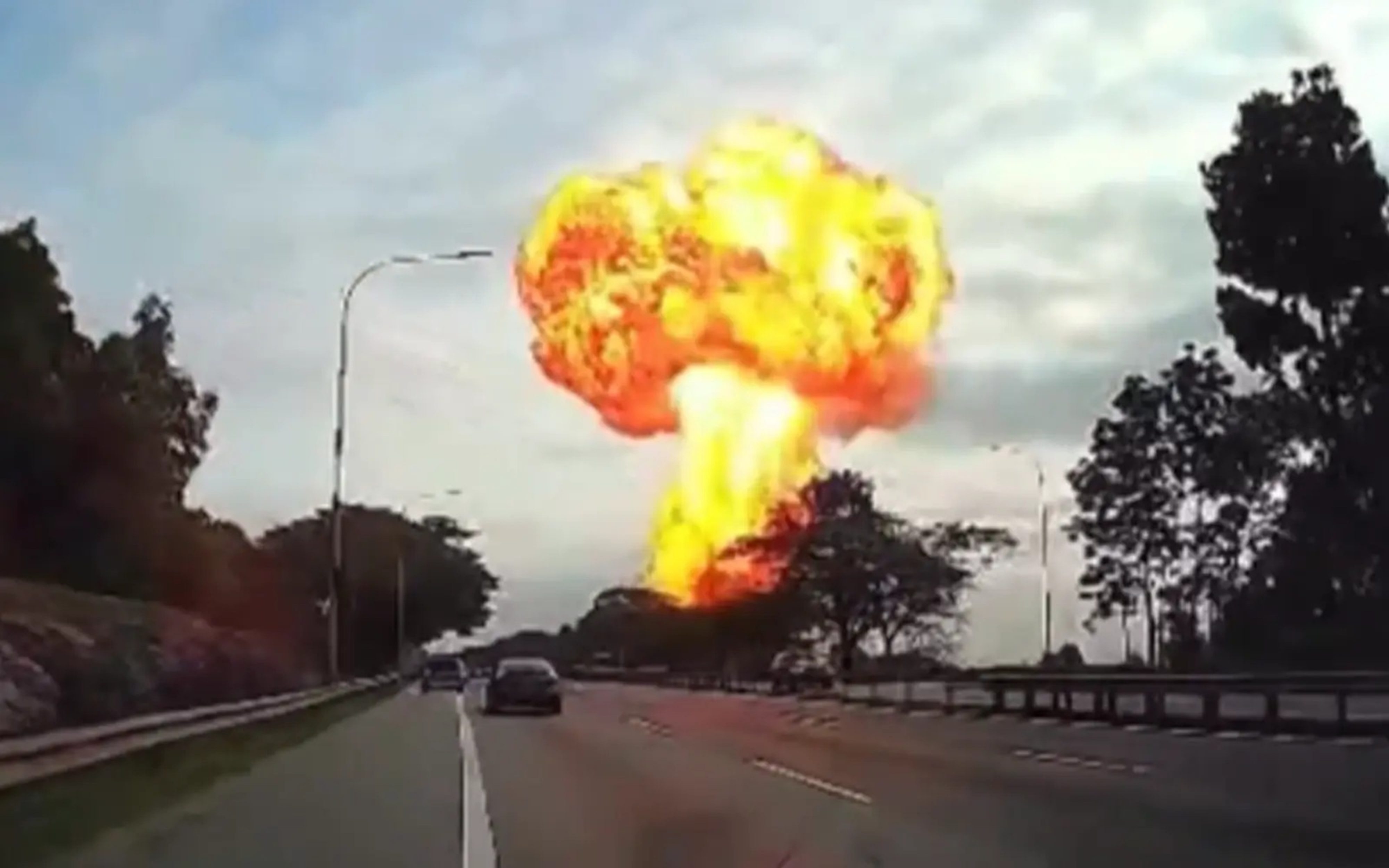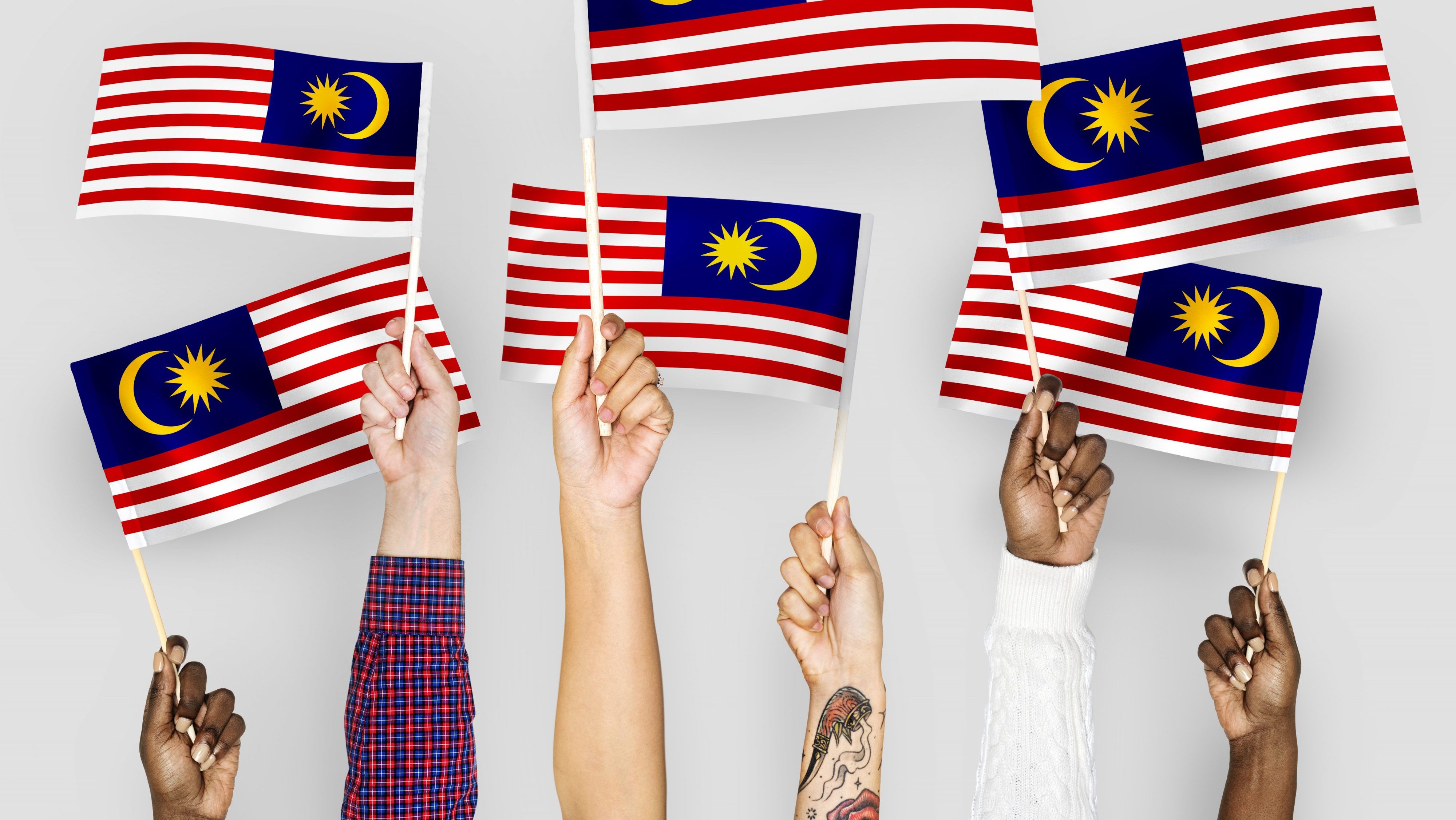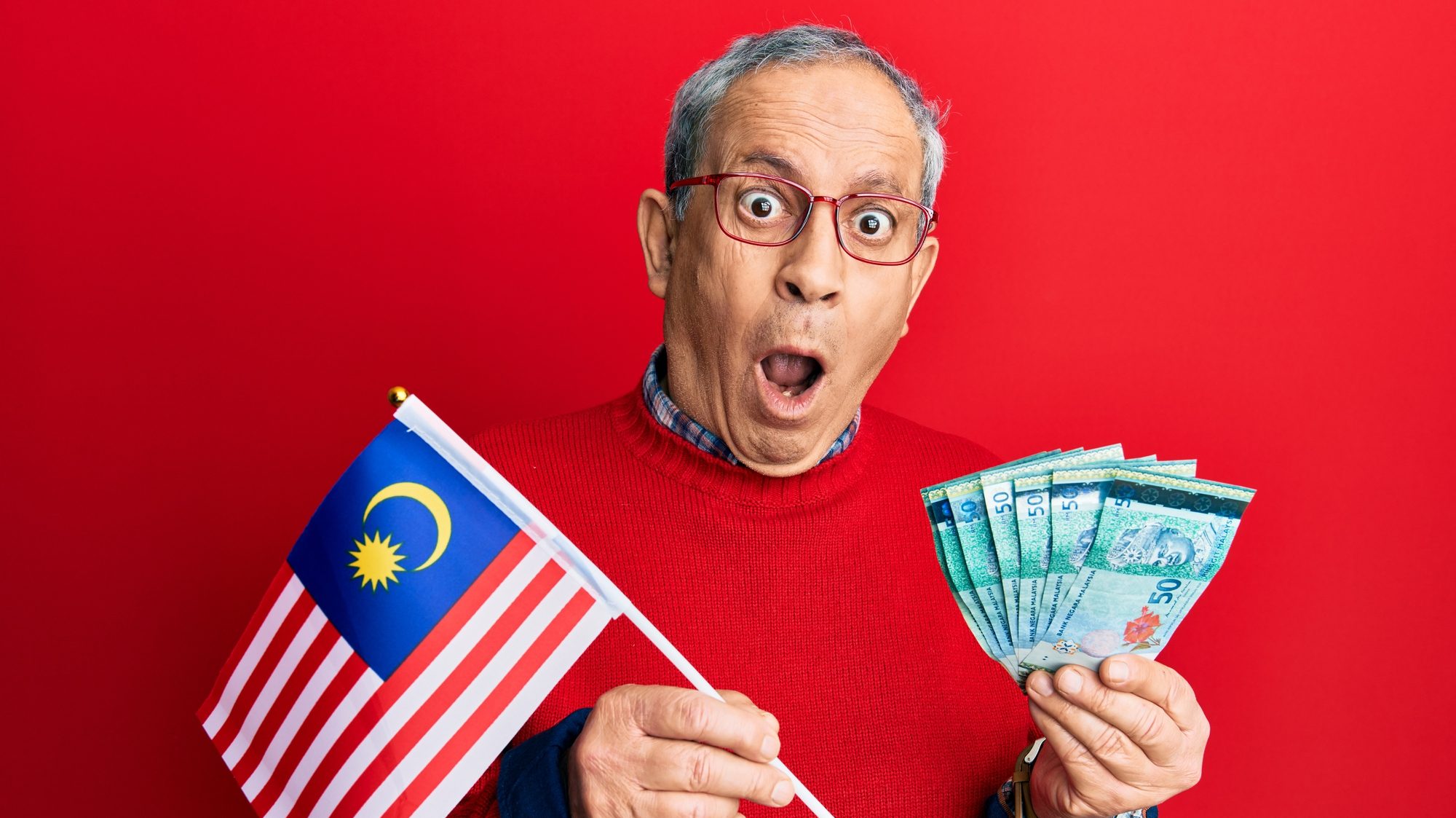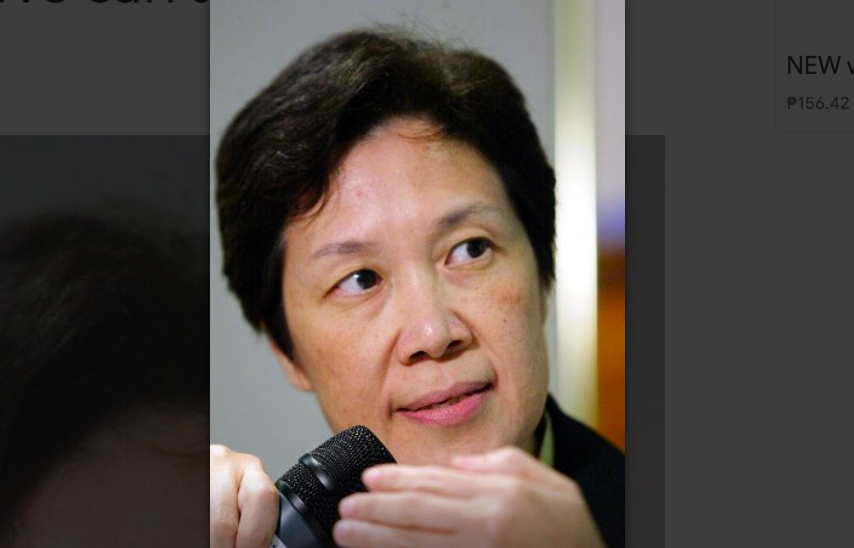
Ho Ching (Photo by ROSLAN RAHMAN / AFP)
OPINION | Is it time to review the laws? Halimah talks rotan and Ho Ching strikes again
We recently saw the untimely death of Corporal Edward Go. The 19-year-old man from the Singapore Civil Defence Force was deployed to put out a blaze in Henderson Crescent on Friday (Dec 9) and made the ultimate sacrifice in service. As the nation reels from this tragedy, questions have been raised about national service and military issues. Corporal Go is sadly not the first young man to have died in service. There have been others in the form of CFC Aloysius Pang, NSF Gavin Chan, NSF Dave Lee, and NSF Liu Kai, just to name a few.
In the aftermath of these unfortunate deaths, the Government has always reiterated the Singapore Armed Force’s (SAF) commitment to safety measures. Yet, invariably, these incidences of accidental death still occur. Why is that the case?
Without going into a debate on whether national service is still relevant in modern-day Singapore, one thing does remain clear. National Service (NS) is compulsory for every fit male citizen or permanent resident. Given that it is not something people have a choice over, shouldn’t there be greater transparency over the SAF’s processes and procedures?
While state secrets and defense strategies need to be protected, surely these should not extend to safety operating procedures? To quote an earlier article:
“Fifty-two years and many generations of NSmen later, the shape of NS must no longer be determined by just MINDEF and the Cabinet. True-blue Singaporeans must be invited and encouraged to take part in a comprehensive public conversation of the concept. It is not enough to focus merely on safety and have a statement, say sorry, go through some manner of debate in Parliament, tighten up inspections and pass the buck to an inquiry.”
Singapore is not the same nation it was at the inception of national service. Indeed, the country has moved on like the rest of the world. Isn’t it high time for a dialogue on NS to happen? This is especially the case because NS is mandatory. If it is my duty to serve, shouldn’t I have a say on the terms of such service? Shouldn’t I have a greater understanding of the risks that I may have to face?
Estranged brother of Prime Minister Lee Hsien Loong, Mr Lee Hsien Yang has said that Singapore “needs to inculcate a culture of safety” at work and at home. Mr Lee observed that there had been 44 workplace deaths in 2022 alone, which he said was “not consistent with being a first-world country.” He further suggested various ways to enhance safety in the workplace, such as installing fire alarms in all workplaces.
Mr Lee’s observations do have a point. Singapore is now a first-world country. But do our practices meet first-world standards?
For example, it is still commonplace for our migrant workers to be transported on the backs of trucks without safety belts or other safety measures. This way of transporting workers has caused various accidents in the past, which could arguably have been prevented if certain basic standards were made compulsory by law and enforced.
Further, there also seem to be inadequate safeguards for those who have been injured at the workplace. For example, a migrant worker had to crowdfund for dental care after he lost his two front teeth in a crane accident. Shouldn’t this be covered by his employer by law?
Is it not an opportunity to revisit these practices so that we can perhaps modernise in line with the development of our nation?
This week saw President Halimah Yacob facing criticism for suggesting that rapists above 50 not be absolved from caning. Apparently, caning offenders above 50 would help protect our young.
“It’s timely that we review this law. It’s our duty to protect our young, and we must not fail them.”
However, if it is timely to review our law on this, isn’t it also timely for us to review the law on worker welfare and NS welfare so we can improve it?
It seems that there might be a prevailing mindset among our older Peoples’ Action Party (PAP) members to be very comfortable using harsher methods of punishment as a cure-all. Conversely, they seem less aware of solving problems through mercy and compassion.
In response to President Halimah’s somewhat hardline suggestion, the leading gender equality advocacy group, AWARE, thanked the President for her post but said it is “opposed to corporal punishment, both generally and as a response to acts of violence in particular.” “We do not agree that the government should consider caning rapists who are above 50 years old,” the group said in a statement published on Facebook on Tuesday (Dec 20).
Another high-profile woman in Singapore has also sparked controversy this week. Wife of PM Lee, Madam Ho Ching has been vociferously defending our country’s handling of Housing Development Board (HDB) flats. The escalating prices of HDB flats in Singapore have been trending lately, and Madam Ho has likened the purchasing of an HDB flat to paying rent without inflation for decades.
This prompted a netizen to query why HDB owners had to pay property tax. After all, if one was only renting the place, why should one pay property tax? The tongue-in-cheek comment has appeared to raise the ire of Madam Ho, who accused the said netizen of putting words in her mouth.
Technically, when one buys an HDB flat, one is only buying a 99-year lease on the property. In other words, the buyer does not own the flat in perpetuity. After 99 years, the property reverts back to the HDB, which in turn surrenders it back to the state. With this in mind, it is arguable that both Madam Ho and the netizen are correct to some extent. It isn’t rent because the buyer does own the flat for 99 years (or whatever is left of the lease at the time of purchase). However, it is akin to a rental because it does work like a long let.
To be fair to Madam Ho, she never did say that owning an HDB flat was the same as renting one. She merely used the analogy of rent to explain why she felt that prices were fair and low.
But somehow, I think the netizen got the point as well. She was merely making her point loosely and bluntly.
Perhaps, Madam Ho would have been less affronted if the netizen had phrased her comment differently. Perhaps, she should have framed her comment as a question:
“Given that HDB ownership is akin to paying rent, which means that it works like a long lease, would the Government perhaps address why we need to pay property tax on a property we don’t own in perpetuity”?
Madam Ho seems to have an in-depth understanding of the value of land, with her many examples that range from fruit to rent. Yet, as the former CEO of Temasek, she does not seem to have opined on the losses that Temasek suffered by investing in the ill-fated FTX.
Given her position as the former CEO of Temasek, I think netizens would be more interested in her thoughts on this issue as opposed to her views on HDB flats, given that I am pretty sure she does not live in one and probably has not lived in one for many years, even if she ever did.

